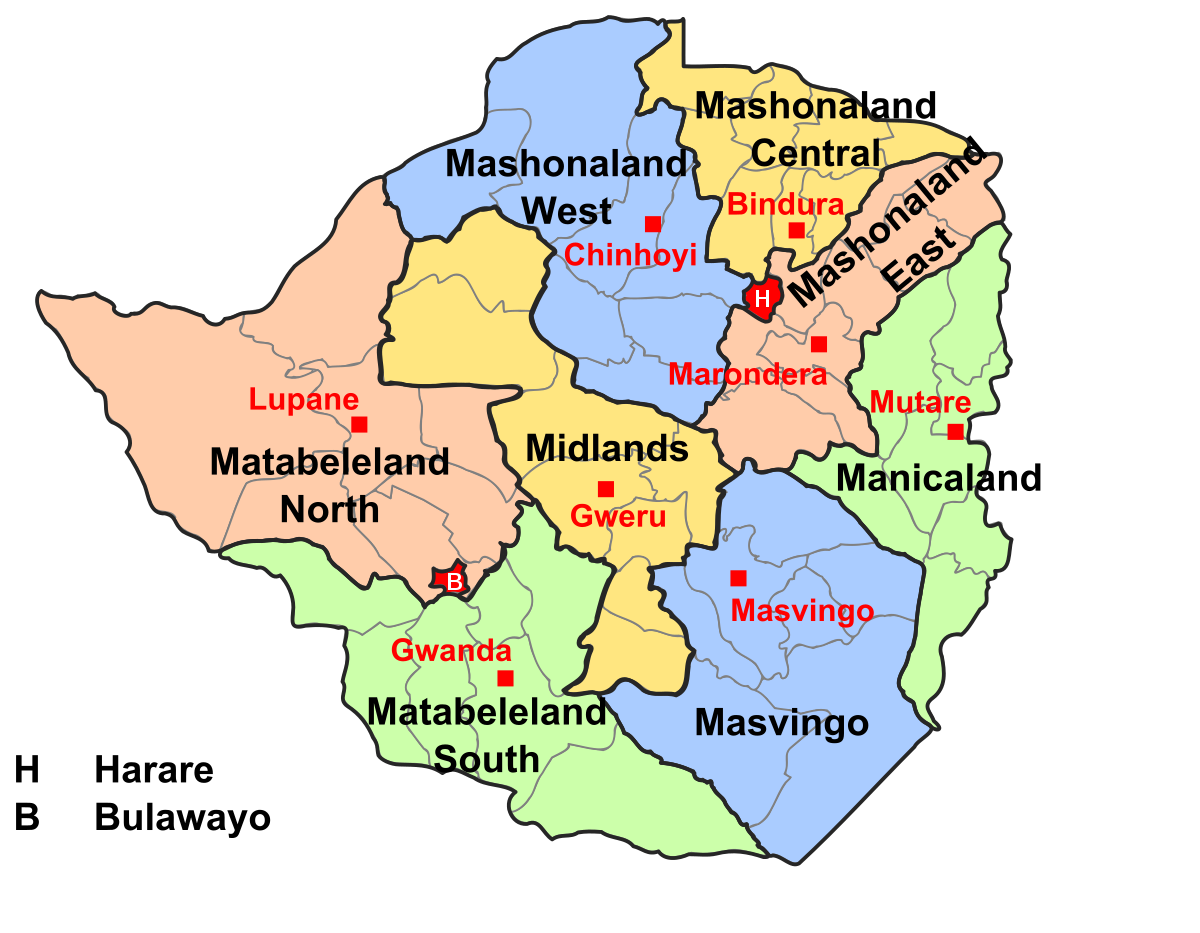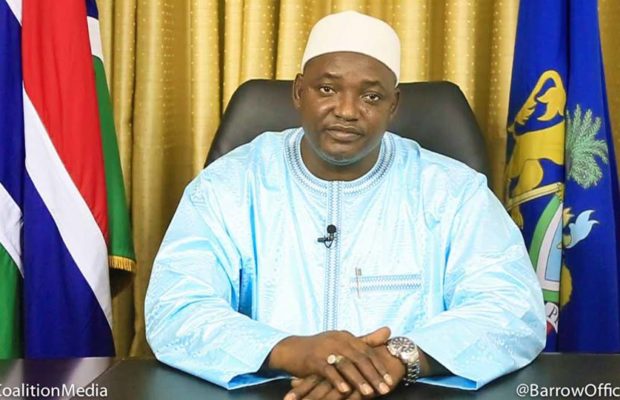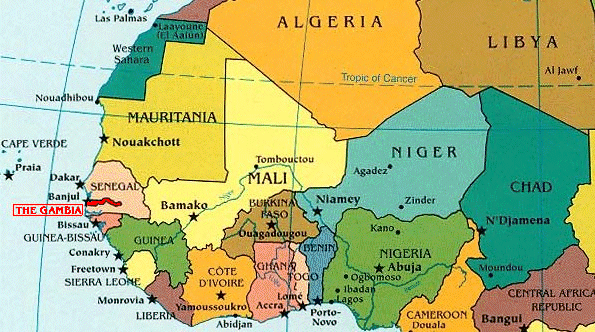Last week, Senator Mike Nyambuya spoke at the sad occasion of the burial of the two children, cousins Dilan and Melissa Benza (both seven years old), who were murdered for ritualistic purposes on April 13. Among the suspects arrested is Dilan’s maternal uncle.
Their fate cause much unrest in the country where emotions were already high after the ritual killing of a boy, Tapiwa Makore, seven years old, who was brutally murdered, also by his uncle, in September 2020. I reported extensively on his tragic death. Due to certain circumstances I haven’t yet reported on the ritual murder of the Benza cousins. Hopefully I will in the near future.
Senator Nyambuya’s remarks struck me, not only because of the contents of his message but also because his name reminded me of my very close friend Muchaneta Nyambuya. May his soul rest in peace. Muchaneta and I were colleagues at the University of Liberia where we were both teaching at the College of Business and Public Administration and we became close friends. In the late 1970s, a surge in ritualistic murders caused much upheaval in Liberia and I asked Muchaneta whether this phenomenon was unique for Liberia. Read here what he had to say to my question.
I have learned a lot after these years in Liberia. More than 40 years have passed since then. Mucha, as we affectionally called him, left for Zimbabwe on the eve of the official independence of his country. Following the Lancaster House Agreement, Zimbabwe became an independent republic in April 1980. The days of Ian Smith, who in 1965 had made history with his Unilateral Declaration of Independence, were definitely over. The new strongman was Robert Mugabe. Rhodesia became Zimbabwe. I will not dwell on his fate, Mucha’s. He died suddenly and unexpectedly, after what people call ‘a 24-hour treatment’ in the interrogation rooms of Zimbabwe’s secret police. But that’s another story.
Back to 2021 in Zimbabwe and the recent surge in ritual murders.
(webmaster FVDK).
‘Ritual Murder Instigators Should Face Stiff Sanctions’

Published: May 1, 2021
By: Pindula, Zimbabwe
Senate deputy president Senator Mike Nyambuya has called for the enactment of legislation to punish people who incite others to perform ritual murders.
Nyambuya was speaking on Friday last week at the burial of the slain Benza cousins at the Benza homestead in Kanganya Village in Mutasa, Manicaland Province.
Dilan and Melissa Benza (both seven years old), who were cousins and pupils at St Robert’s Mbaza Primary School in Mutasa, were brutally murdered on their way home from school on 13 April.
The prime suspect is Solomon Manyama, Dilan’s maternal uncle, while Passmore Sambaza is another suspect.
They were both remanded in custody to 6 May when they appeared at Nyanga magistrate’s court last week on Tuesday facing murder charges.
The Benza family spokesperson, Johannes Benza, revealed that the two were not killed at the same spot as was initially thought.
Benza said Melissa was the first to be killed on the grass near the Blair toilet where their bodies were dumped, while Delane was slain in a maize field near the Sambaza homestead.
Speaking at the burial which was attended by over 500 people, Nyambuya said the two cousins’ deaths had touched the whole nation. He said:
It could have been one of your children or grandchildren dying in such a cruel manner. It could have been any one of us here being murdered in cold blood because these ritual killers know no age. We are still in shock.
Where have our norms and values gone to? We should respect the sanctity of human life. Laws should be enacted to punish the perpetrators and those who incite people to conduct ritual killings.
The nation is still mourning the death of Tapiwa Makore from Murehwa and now we are burying the two Benza children who were ruthlessly murdered.
We don’t know who will be the next victim. Communities should be on the lookout for ritual killers. All those convicted should face the full wrath of the law.
Tapiwa Makore was also 7-years-old when he was brutally murdered by his uncle Tapiwa Makore Sr and his herdsman Tafadzwa Shamba in September last year.
He was buried several months after his murder without his head and other body parts which were allegedly harvested for ritual purposes.
Source: ‘Ritual Murder Instigators Should Face Stiff Sanctions’
Related:
Article with the same contents:
“Enact Legislation To Punish Those Who Incite Others To Perform Ritual Murders”
Publishedby : ZimEye / Manica Post – May 1, 2021



